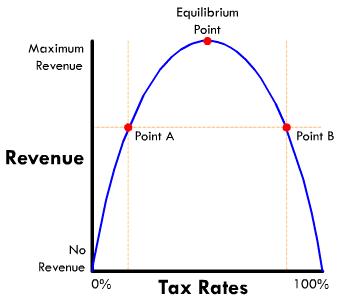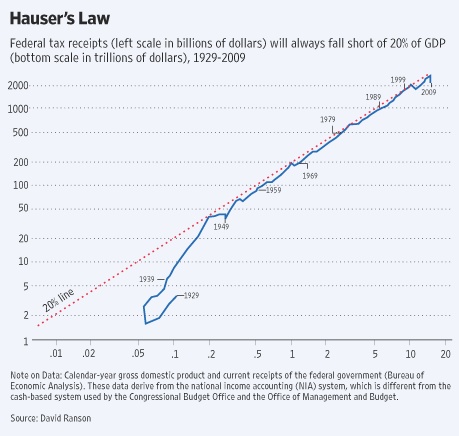shotgunner
Full time employment: Posting here.
- Joined
- Jun 18, 2008
- Messages
- 534
I was wondering if anyone had read this article and what you thought. I am hoping he is wrong but he makes a good case.
Arthur Laffer: Tax Hikes and the 2011 Economic Collapse - WSJ.com
Arthur Laffer: Tax Hikes and the 2011 Economic Collapse - WSJ.com


